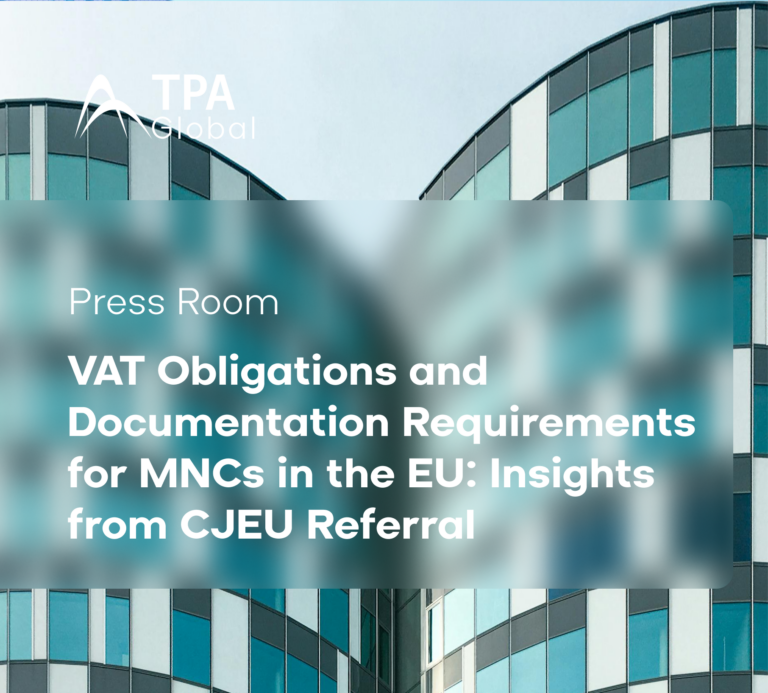Type: Legislation
Rollout of Phase 2 of E-VAT will start in December 2023.
The Ghanaian Revenue Authority (GRA) has announced that phase 2 of its e-invoicing system, known as “E-VAT,” will begin in December 2023. With 600 taxpayers, Phase 1 began in 2022 and is scheduled to end in June 2023. These taxpayers are sizable and high-risk.
By December 2024, all taxpayers will have been enrolled.
This 600-person group accounts for nearly 90% of all Value Added Tax receipts. By the end of this year, GRA hopes to increase the VAT’s share of tax income to 20%, and by the end of 2024, to 30%. The mandate for medium-sized taxpayers will begin in December 2023.
In order to encourage enterprises to use electronic invoicing, the GRA established its voluntary e-invoicing platform in April 2022. One hundred taxpayers will test the E-VAT Portal, which will allow customers to receive electronic VAT invoices. A 50-taxpayer test program (prior to phase 1) that expires in October 2022.
In order to receive an electronic tax clearing certificate, taxpayers must report their sales invoices (e-TCC). The e-TCC enabled taxpayers to create their certificates online, eliminating the need for human intervention that permitted certificate fraud. This is a component of the tax digitization effort, which also includes cashless transactions and electronic tax filing.
The GRA has already launched a digital services portal and e-commerce platform that let residents and non-residents alike pay taxes online.
Effective date: December 2023



